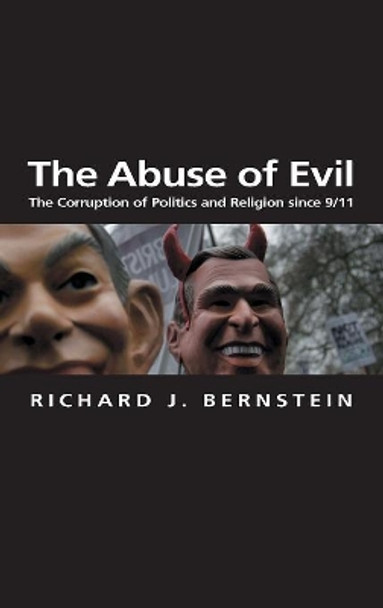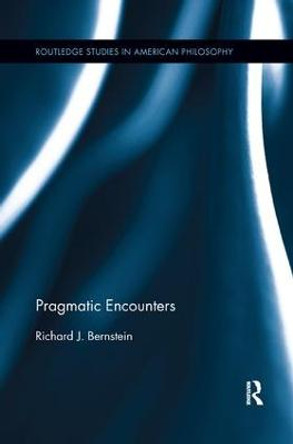Description
We are now confronting a clash of mentalities, not a clash of civilisations. One mentality is drawn to absolutes, moral certainties, and simplistic dichotomies of good and evil. The other seriously questions an appeal to absolutes in politics and criticizes the simplistic division of the world into the forces of evil and the forces of good.
In The Abuse of Evil Bernstein challenges the claim that without an appeal to absolutes, we lack the grounds for acting decisively in fighting our enemies. The post 9/11 abuse of evil corrupts both democratic politics and religion. The stakes are high in this clash of mentalities in shaping how we think and act in the world today - and in the future.
About the Author
Richard J. Bernstein is Vera List Professor of Philosophy at the New School for Social Research, New York.
Reviews
"A dazzling demonstration of philosophy's public relevance."
Nancy Fraser, New School for Social Research
"Building on the conceptual framework advanced in his last book, Radical Evil, Bernstein argues that what defines the post 9-11 world is an abuse of evil. In the face of the pernicious moral absolutism of neo-conservatism and the religious right, Bernstein advances a pragmatic fallibilism that is consistent with both the fragility and tenacity of democracy. It is the great merit of this book to show that such a fallibilism is not only continuous with a religious world-view, but is its enabling condition. If philosophy, as Hegel insists, is its time comprehended in thought, then Bernstein gives his readers a philosophical wake-up call to think about evil in the face of so much unthinking moralism."
Simon Critchley, New School for Social Research
Book Information
ISBN 9780745634944
Author Richard J. Bernstein
Format Paperback
Page Count 144
Imprint Polity Press
Publisher John Wiley and Sons Ltd
Weight(grams) 172g
Dimensions(mm) 188mm * 135mm * 11mm






